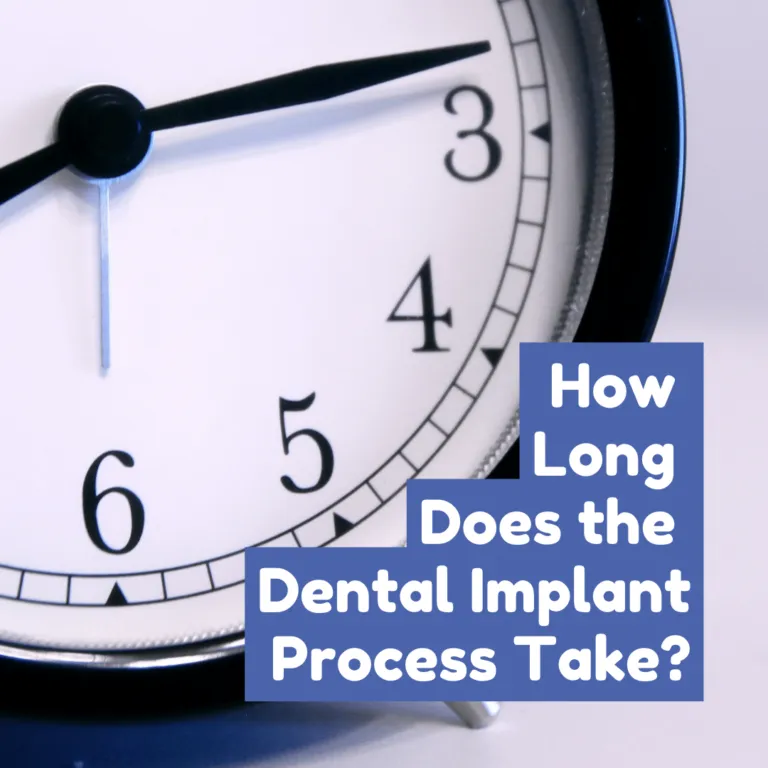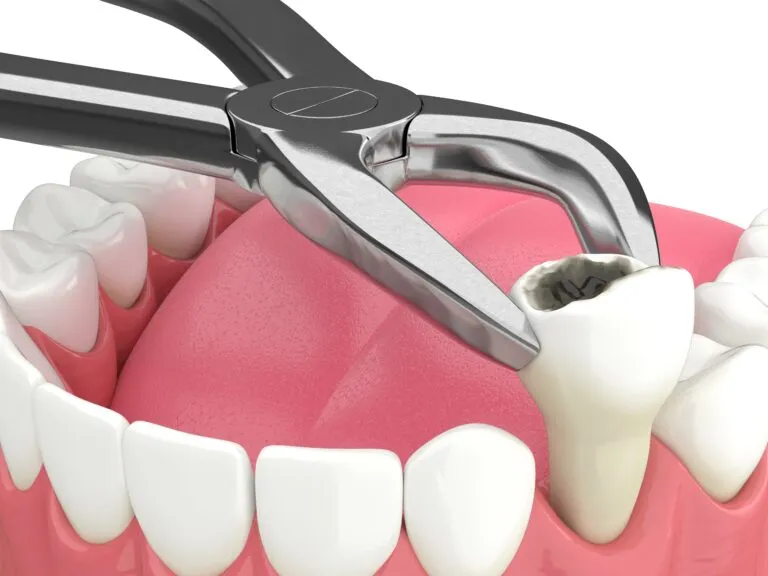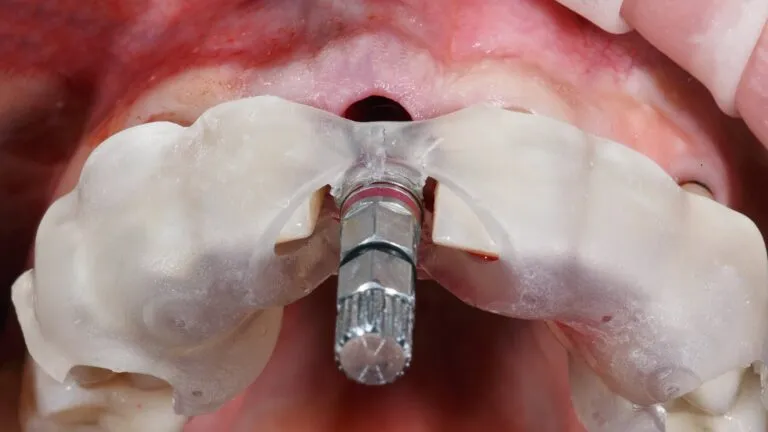Dental implants are a popular choice for those who are looking to replace missing teeth. They offer a number of advantages over other dental procedures, including stability and durability. If you are considering dental implants, it’s important to understand the process involved in getting them placed. In this blog post, we will describe each step of the dental implant process in detail. Keep in mind that every patient is different and your experience may vary from what is described here.
Consultation ( 1 Appointment)
The first step in the dental implant process is the consultation. During this appointment, your dentist will examine your mouth and take X-rays to determine if you are a good candidate for implants.
Oftentimes, they will also take a CBCT scan. This is a type of X-ray that provides a more detailed view of the bones in your mouth, as well as the nerves and soft tissues.
Once your dentist has examined your mouth, x-rays, and CBCT scan, they will discuss your goals for treatment and develop a plan that is tailored to your specific needs. The consultation usually takes about an hour.
Bone Augmentation Procedures (3-12 Months)
In some cases, you may need to undergo bone augmentation procedures before actually having dental implants placed. This is generally the case if you do not have enough bone density in your jaw to properly support the placement of dental implants. This is a fairly common requirement, as many people lose bone mass as they age or from missing teeth. There are several different types of procedures that can be used to add bone to the jaw, and the right one for you will be determined by your dentist. The length of time required for this step will vary depending on the procedure that is used, as well as how fast it takes your body to generate new bone.

There are a number of different types of bone augmentation procedures that can be used to add bone to the jaw. Some of the most common ones include:
• Ridge Expansion: This procedure is used to increase the width of the ridge in the jawbone that will support the dental implant. It can be done using a number of different techniques, but most often involves the placement of a small implant that is gradually expanded over time. This creates a space that can be filled with bone material to widen the jawbone enough to support a dental implant. This procedure usually takes between three and six months to fully heal.
• Sinus Lift: This procedure is used to add bone to the upper jaw in preparation for dental implants. It is often necessary for people who have lost teeth in the back of the mouth, as this can cause the sinuses to collapse. The sinus lift procedure involves placing bone graft material into the sinus cavity and then allowing it to heal for several months.
• Bone Graft: This is a general term that is used to describe any type of procedure where new bone is placed into the jawbone. There are a number of different techniques that can be used, and the type of graft will be determined by your dentist. Bone grafting usually takes between three and six months to heal.
Dental Implant Surgery (30-90 Minutes)
Once you have enough bone in your jaw, you can move on to dental implant surgery. This is a fairly straightforward procedure in which your dentist will place the implant into your jawbone. The surgery usually takes about an hour, although it may be shorter or longer depending on the number of implants being placed.
In some cases, you may need to have a tooth extracted before having dental implants placed. This is generally the case if you are using dental implants to replace extremely damaged or decayed teeth. The extraction procedure is fairly straightforward and usually only adds a few minutes onto the total procedure time. In many cases, your dentist will perform the extractions and placement of dental implants during a single procedure.
Recovery (3-6 Months)
After dental implant surgery, you will need to allow time for your mouth to heal. In most cases, you can expect the incision and surrounding area to heal in about 1-2 weeks. However, this is only one part of the recovery process.
In order for your implants to be fully functional, they must “osseointegrate”, or fuse, with the surrounding bone. This process takes weeks to months since it requires the growth of new bone around the implant. During this time, you will need to be careful not to put too much stress on your implants. Once your mouth has healed, you can move on to the next step in the process.
Permanent Restoration (2 Appointments)

The final step in the dental implant process is to get a permanent restoration. This can be done with a dental crown, bridge, or denture. The type of restoration you choose will depend on the number of implants being placed and your personal preferences. The length of time required for this step will vary depending on the type of restoration you choose.
To have your permanent restoration placed, your dentist will first take dental impressions and/or digital scans of your mouth. This information will be sent to a dental lab and use to fabricate the permanent restoration.
About 1-2 weeks before your final appointment, your dentist will also attach the abutments to your implants and place a healing collar or temporary restoration. The temporary restoration will be removed during your final appointment and replaced with your permanent restoration.
In Conclusion
In this blog, we have discussed the dental implant process in detail. We have divided the process into five sections: Consultation, Bone Augmentation Procedures, Dental Implant Surgery, Recovery, and Permanent Restoration. We hope that this information has been helpful in understanding what to expect during each stage of the dental implant process.
As you can see, the dental implant process is fairly involved. However, it is important to remember that every patient is different and your experience may vary from what is described here. If you have any questions about the dental implant process, be sure to ask your dentist. They will be able to provide you with more information and help you make the best decision for your needs. Thanks for reading!

Irfan Atcha, DDS, DICOI, DADIA at New Teeth Chicago Dental in Chicago, Illinois is a board-certified general dentist and a nationally recognized expert in dental implants, cosmetic dentistry, and sedation dentistry. Dr. Atcha is now serving patients in Naples, Bonita Springs and SW FL area with All-on-4 implants, teeth-in-a-day, same day dental implants and the complex zygomatic dental implants for the no-jaw bone solution approach. To schedule a consultation please email Dr. Atcha at teethforyou@gmail.com.





